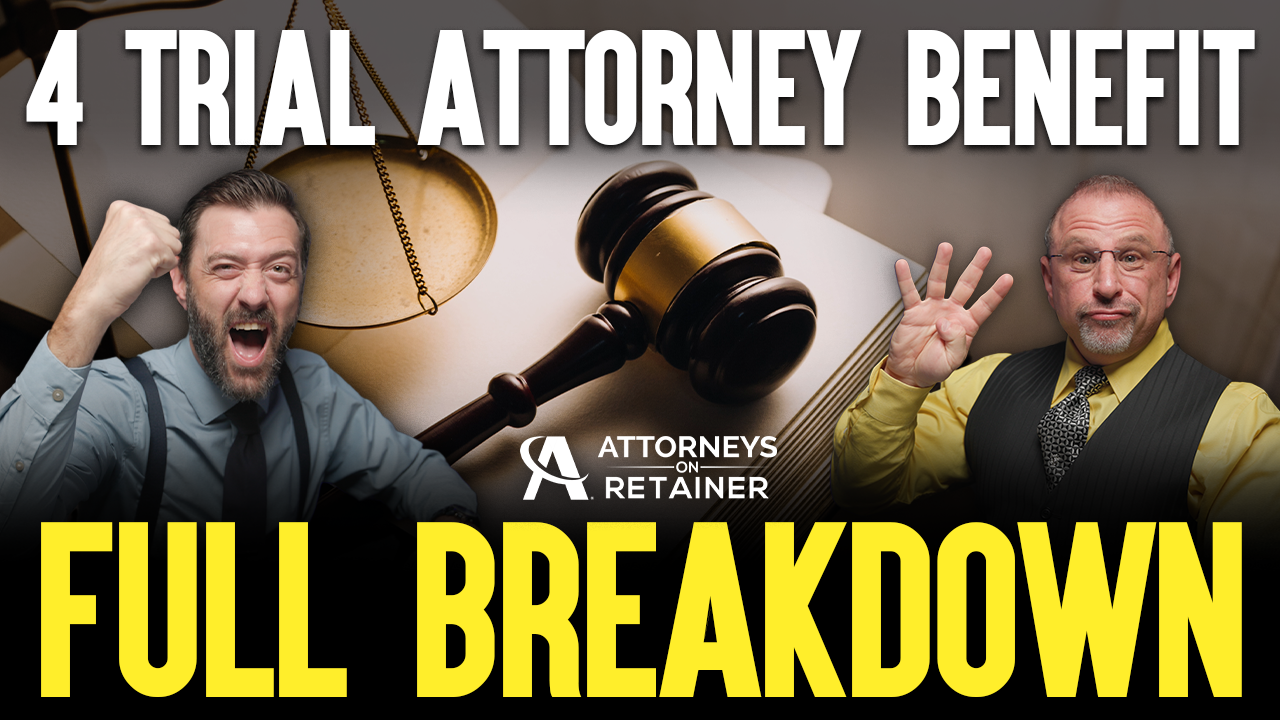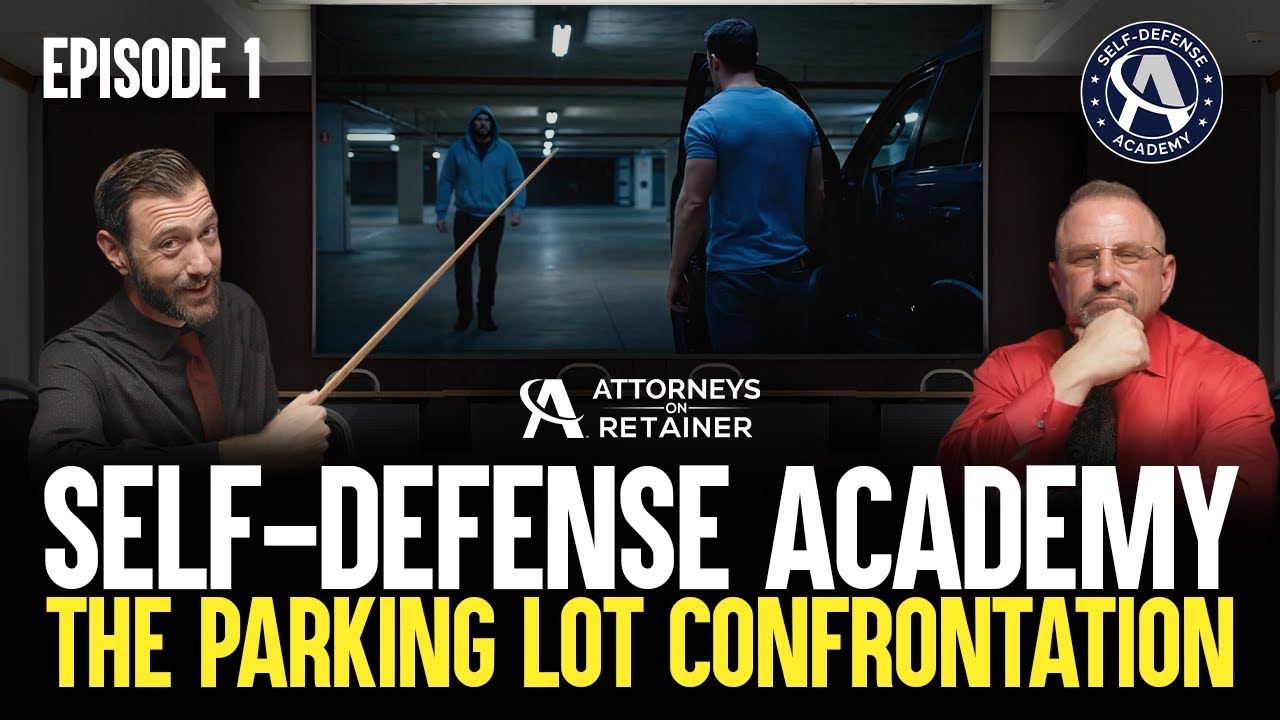Should FFL’s Be Banned From Selling Handguns to 18-20-Year-Olds? - Reese v. ATF Discussion
Featuring Attorneys Rachel Moss and Emma Wittmann
May 12, 2025
For years, the Bureau of Alcohol, Tobacco, Firearms and Explosives (ATF) has pushed firearm regulations that many argue infringe on Second Amendment rights. One such restriction prohibits federally licensed dealers from selling handguns to individuals aged 18 to 20, in the recent case of Reese v. ATF.
Originally upheld in prior rulings such as NRA1, the age restriction was seen as a justified limitation. However, the Fifth Circuit Court of Appeals has now reversed the lower court’s decision, declaring the federal ban unconstitutional. This shift comes in the wake of landmark Supreme Court decisions like Bruen and Rahimi, which reaffirmed that young adults aged 18 to 20 fall within the category of “the people” protected by the Second Amendment.
Criminal defense attorneys Rachel Moss and Emma Wittmann provide an in-depth legal analysis of this significant ruling, which may signal a broader reevaluation of age-based gun restrictions across the country.
BACKGROUND
This case began when a group of 18 to 20-year-olds (appellants), filed a case against the ATF, arguing that the laws 922(b)(1) and 922(c)(1), which prohibits FFL’s from selling firearm to anyone under 21, was against the Second Amendment foundation. The appeal in Reese was paused while the courts waited for the outcome of United States v. Rahimi, a major Second Amendment case. Once Rahimi was decided, it helped clarify and strengthen the framework from Bruen (2022), allowing the Fifth Circuit to move forward. Ultimately, the Fifth Circuit ruled that these federal age restrictions on handgun purchases were unconstitutional, marking a significant moment in the ongoing debate over Second Amendment rights for young adults.
“Again, as I always like to say, ATF was doing what they love to do and overregulating firearms and regulating things that they have no business regulating.”
JUDICIAL REASONING AND HISTORICAL ANALYSIS
The court went back to the basics of the Constitution. Every time the Constitution says “the people,” whether in the First, Second, or Fourth Amendments, it’s referring to the same group. That group includes all Americans. Think people speaking out at a protest (First Amendment) or your right not to be randomly searched (Fourth Amendment), nobody argues those rights don’t apply just because you’re 18 or 19. The court also dug into the Founding Era laws to figure out what the Founders thought about young adults and firearms. The following were their findings:
- Young people (even as young as 16) were not only allowed but expected to serve in the military. And what came with militia service? Guns.
Therefore, if the government handed them firearms back then, it’s tough to argue they were never meant to have them now.
“I think the court was spot on in their analysis here, and I’m glad they recognized, yes, 18 to 20-year-olds, you are part of the people, uh, intended to be protected by the Second Amendment.”
HISTORICAL COMPARISON FAILS
The government tried its best to justify restrictions on 18 to 20-year-olds by digging into historical analogues. They leaned heavily on 19th-century laws, even bringing up unnecessary examples, like the restrictions from the past where Black Americans were allowed in the militia but barred from gun ownership. The court wasn’t impressed.
“For a really large part of our nation’s history, we didn’t have these regulations. And that part of our nation’s history should be given more weight when determining whether or not these regulations are constitutional.”
The attorneys speculate that the court might appeal this decision and that the case will end up in the hands of the Supreme Court, but they are fully confident that the Supreme Court will rule in favor of the appellants. Please call 866-404-5112 or email us to learn more about Attorneys On Retainer.



